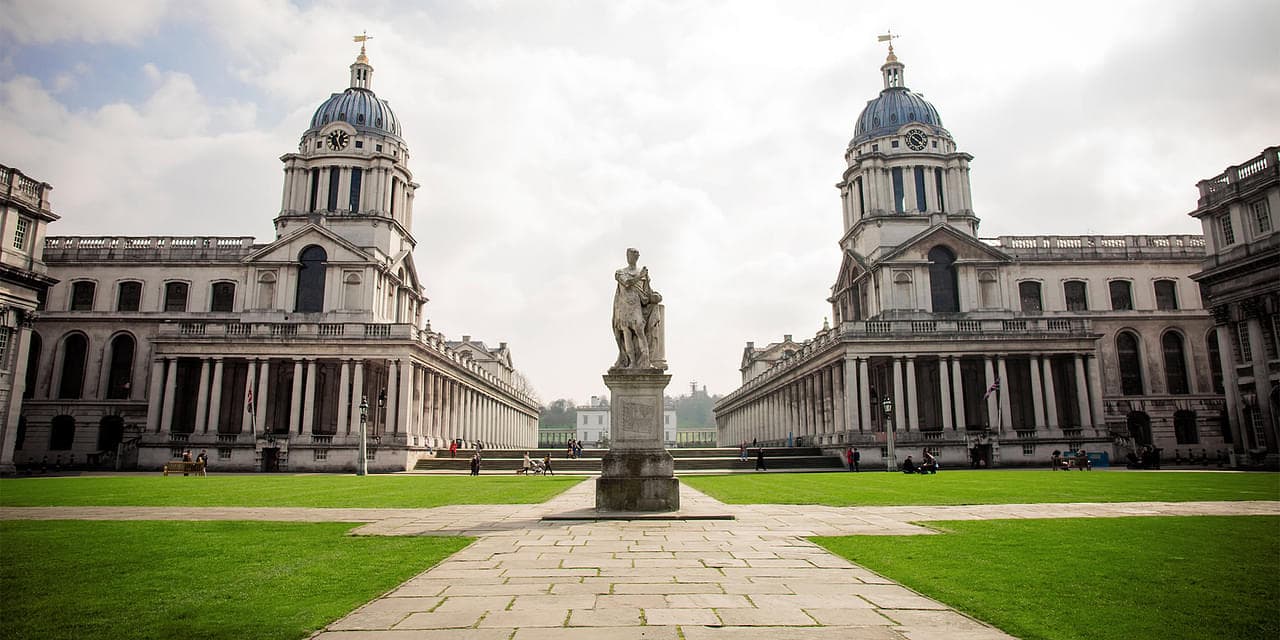BA Hons Politics and International Relations at University of Greenwich
London, United Kingdom
- Tuition Fee £ 17,500
- Country Rank-
- Duration36 Months
- Score IELTS: 6 TOEFL: 60
Program Overview
With so much going on in the world of politics, this is the ideal time to study our politics and international relations degree. The course will prepare you for roles in government and public service.
If you've ever wondered why people vote the way they do or why political systems differ, this degree in politics and international relations gives you the answers. You'll also get the chance to study a language. In your final year, you may be offered a work placement in regional or local politics.
Cost Of Studying At University of Greenwich
Interest rates as low as 8.9% *
250K+
Students Assisted
800Cr+
Loan Amount Disbursed
5000+
Loans Sanctioned
Check Loan Eligibility
Powered by
